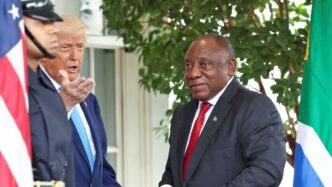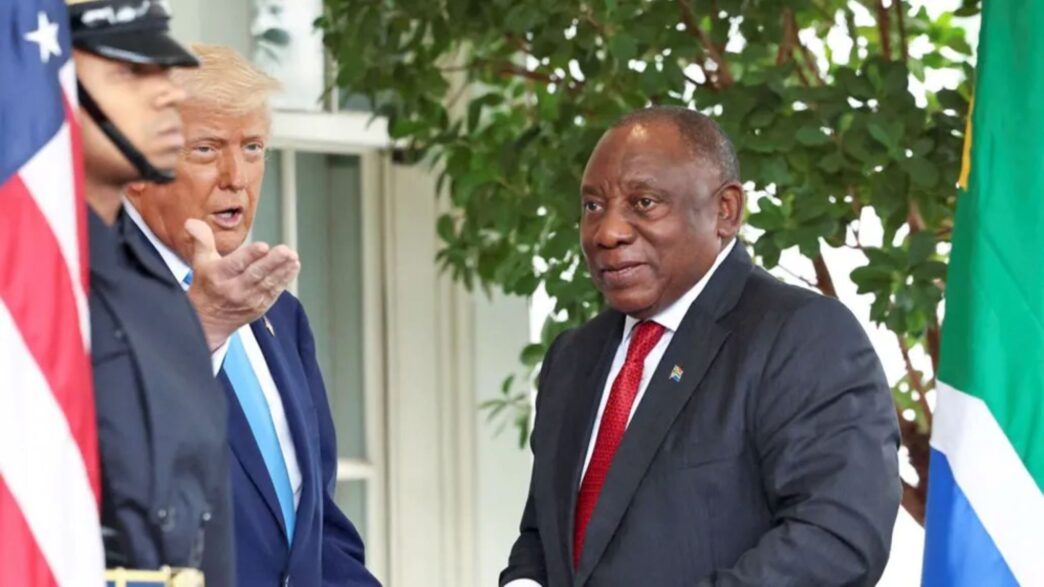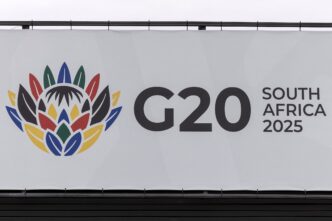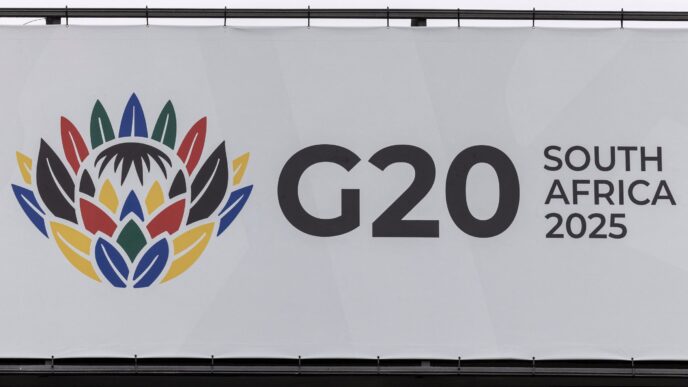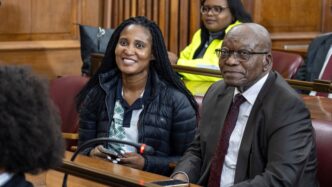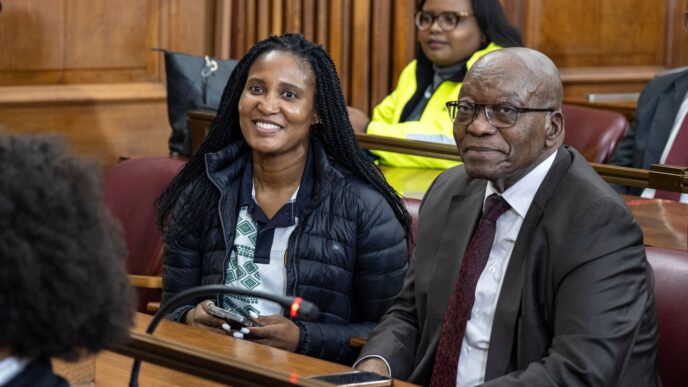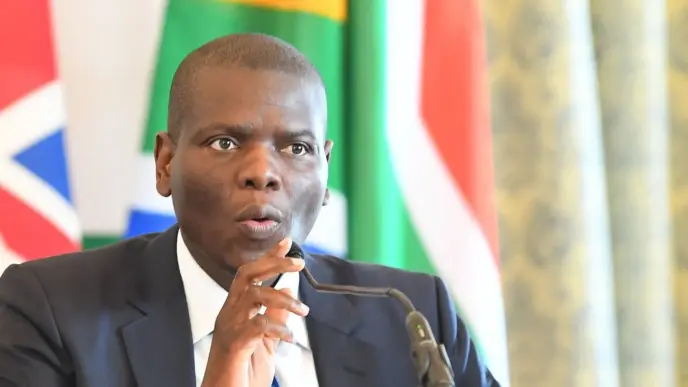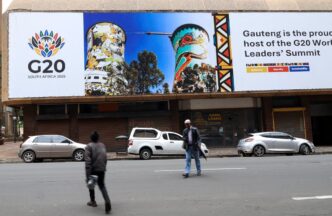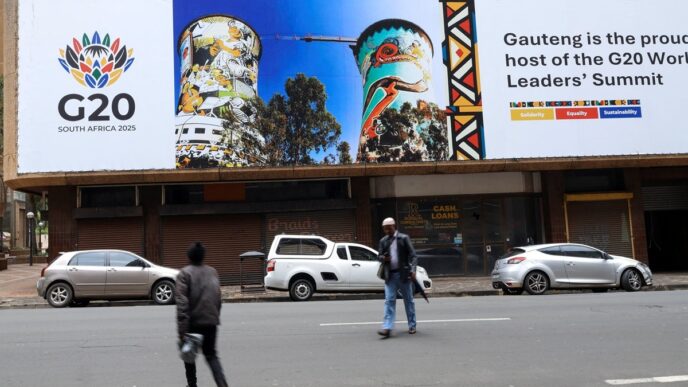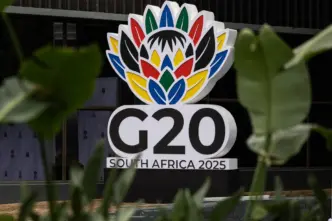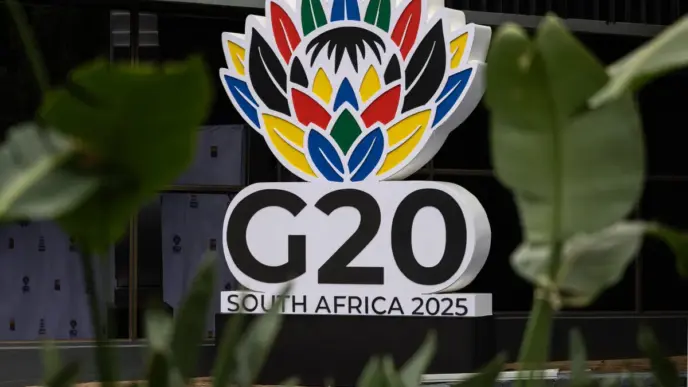South Africa has brushed aside the latest remarks from US President Donald Trump, who said the country no longer deserves a place in the G20.
Trump, who has consistently accused South Africa of marginalising its white minority, will not be attending the summit and has sent Vice President JD Vance instead.
Each year, a different member country presides over the G20 and determines the agenda for the leaders’ summit, with the US set to take the reins after South Africa.
“South Africa shouldn’t even be in the Gs any more, because what’s happened there is bad. I’m not going to represent our country there. It shouldn’t be there,” Trump said at a conference in Miami on Wednesday.
The South African government chose not to provide a comprehensive response to these remarks; however, last week, it reacted to the US’s decision to prioritise refugee applications from white South African Afrikaners, who mainly descend from Dutch and French settlers.
The G20 was established in 1999 following the Asian financial crisis. Member nations collectively hold over 85% of global wealth, and the organisation’s goal was to reestablish economic stability. The first summit for leaders took place in 2008 in reaction to that year’s global financial crisis, aiming to encourage international collaboration.
Leaders convene annually—along with representatives from the European Union and African Union—to discuss global economies and the challenges faced by different countries.
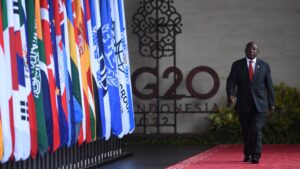
There is no official protocol for expelling a member from the G20, as it is not a treaty-based organisation like the UN and lacks a legal charter or constitution. It functions as an informal forum based on consensus.
Earlier this year, Trump granted refugee status to Afrikaners after South African President Cyril Ramaphosa enacted a law permitting the government to confiscate land without compensation in specific cases.
The majority of privately owned farmland belongs to white South Africans, who account for just over 7% of the population.
South Africa has worked to ease tensions, with Ramaphosa visiting the White House in May alongside a substantial delegation that included white members of his coalition government and well-known white South African golfers. However, Trump disrupted the Oval Office meeting with allegations that white South African farmers were being murdered and “persecuted,” presenting unverified claims that have been extensively debunked.
Subsequent attempts by South Africa to improve relations fell short, as Africa’s largest economy faced a 30% tariff on goods exported to the US in August—the highest rate imposed in sub-Saharan Africa.


 Trending
Trending 
